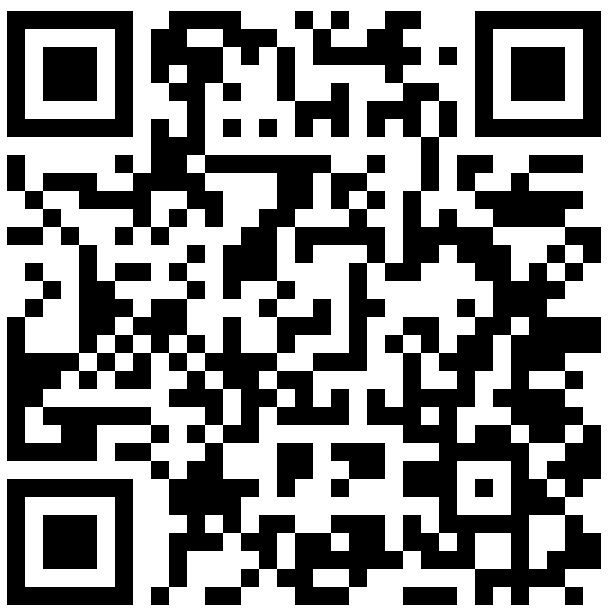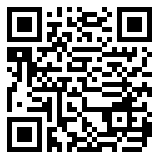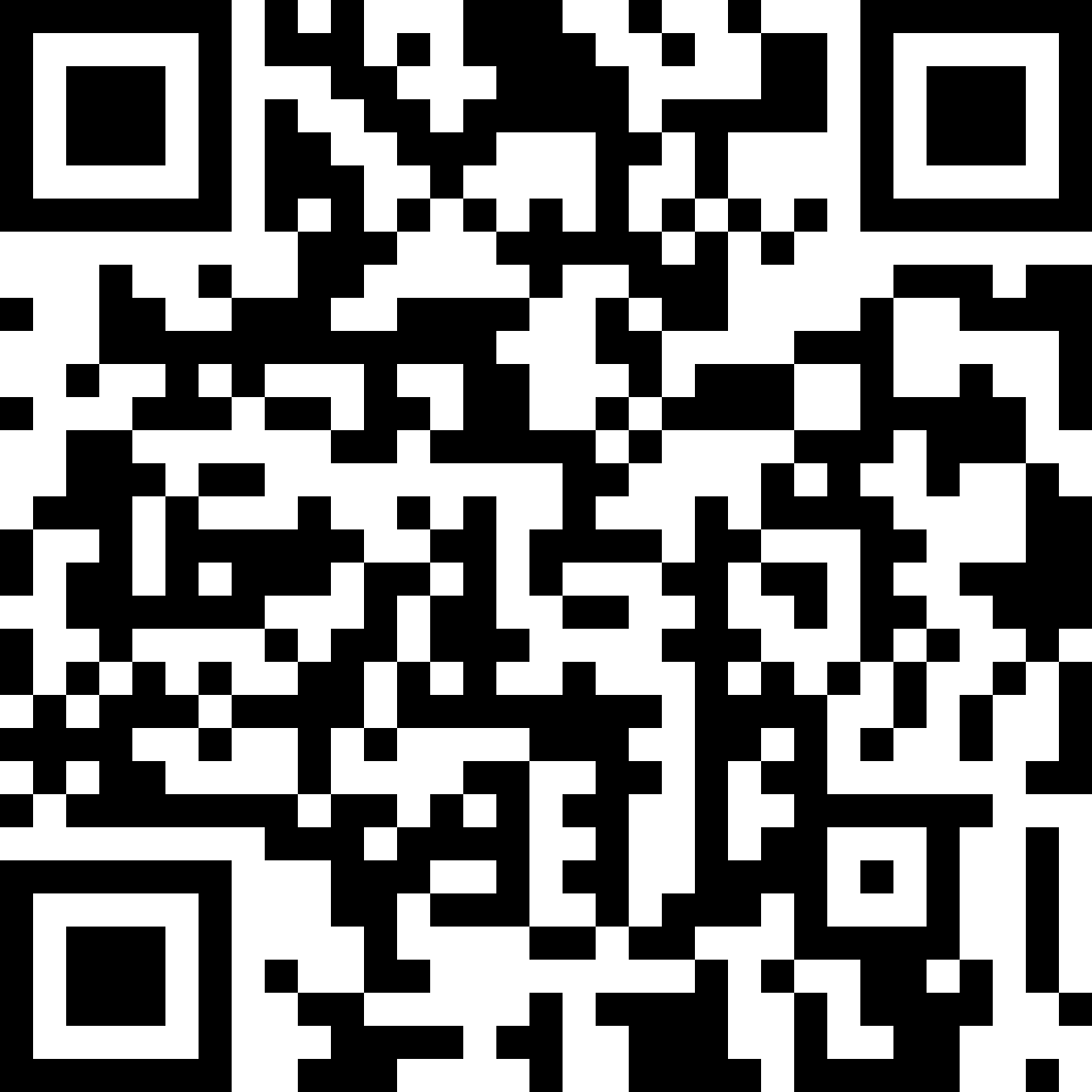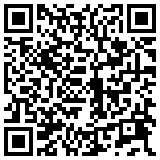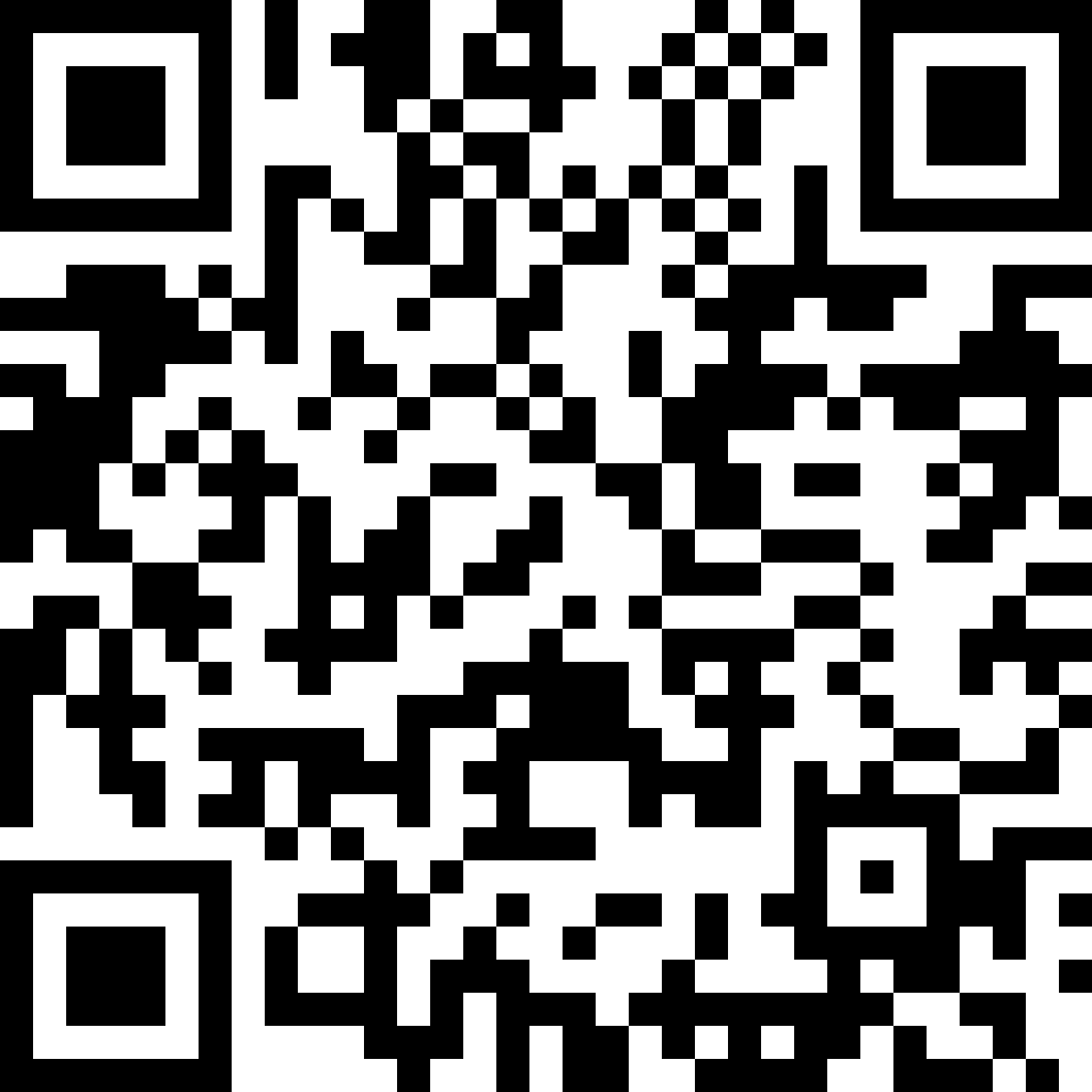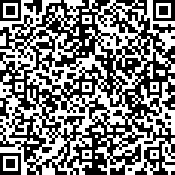
Privacy & Blockchain IV. - Private Cryptocurrencies: ZCash
2020-06-24 | CryptoCurrency.org
ZCash was created in October 2016 by a developer called Zooko Wilcox. Wilcox really liked what Bitcoin could do, but he didn’t like the fact that transactions were available for everybody to see
ZCash is a cryptocurrency, similar to Bitcoin in a lot of ways — it is a decentralized blockchain that provides anonymity for its users and their transactions, sharing Bitcoin’s open-source feature, but with major differences in the level of privacy and fungibility that each provides.
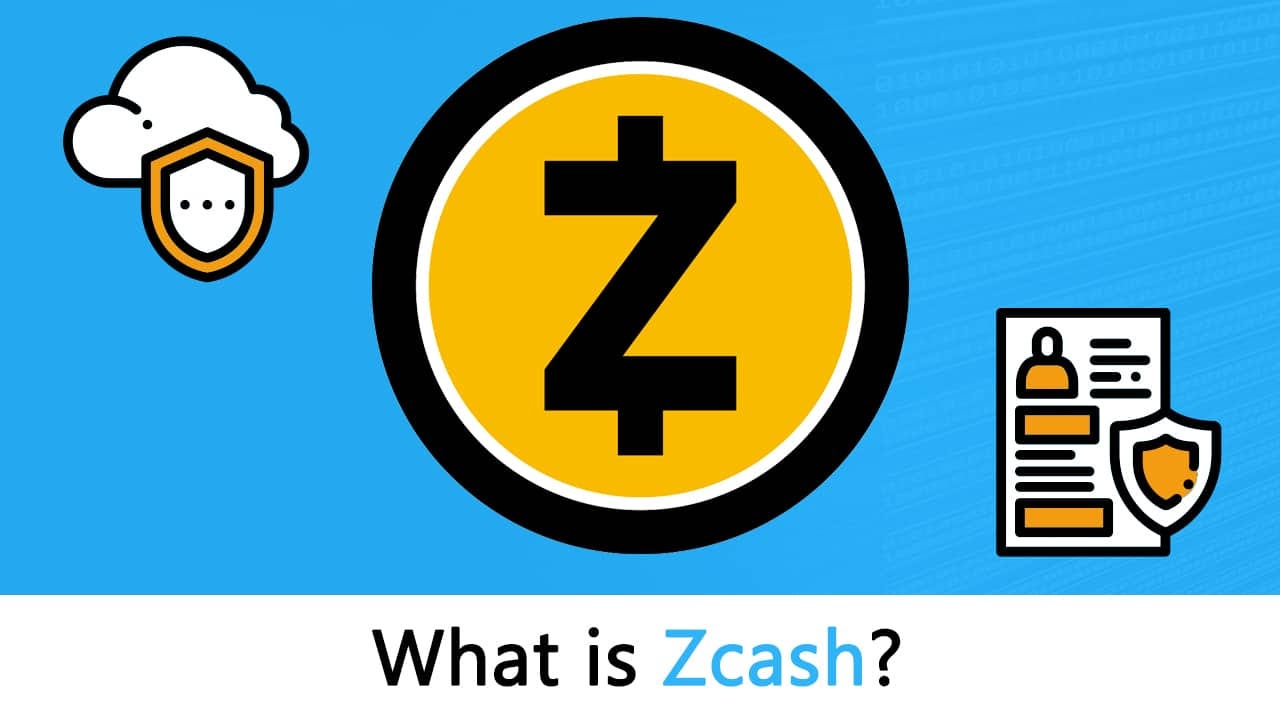
ZCash was created in October 2016 by a developer called Zooko Wilcox. Wilcox really liked what Bitcoin could do, but he didn’t like the fact that transactions were available for everybody to see. Zcash was forked out of Bitcoin and was previously known as Zerocoin. One of ZCash’s biggest fans is the famous whistleblower, Edward Snowden, but the project also received private investment from the cryptocurrency legend Roger Ver and ex-banker Barry Silbert. The ZCash blockchain has its own cryptocurrency, which is also called ZCash, or “ZEC”. In total, there will be a maximum of 21 million ZEC coins, which is the same amount as Bitcoin. It is predicted to reach this amount in the year 2032.
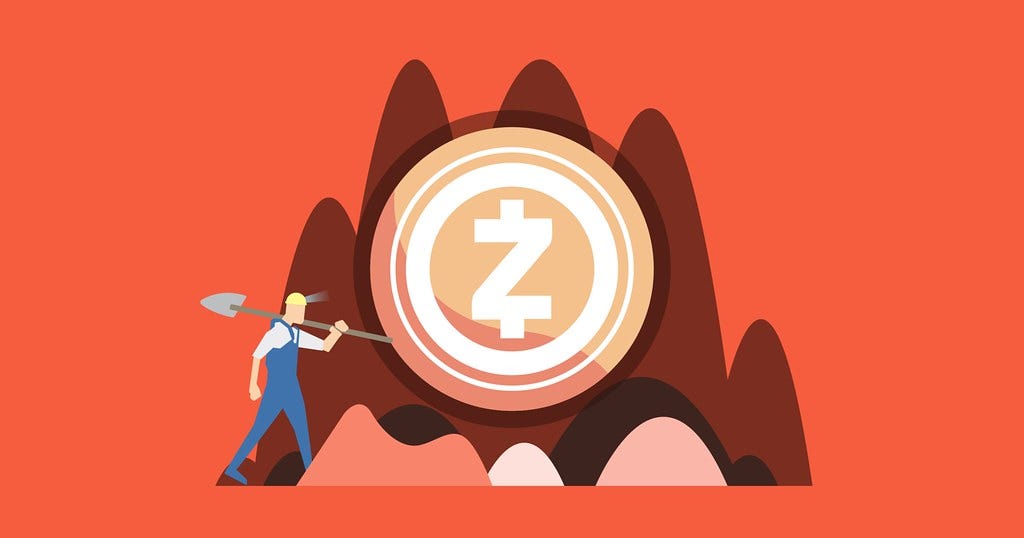
How is it used and what can it be used for?
ZCash employs a cryptographic tool called Zero-Knowledge Proof. This allows two users to engage in transactions without either party revealing their addresses to the other. Zero-knowledge proof makes ZCash transactions untraceable on its blockchain by obfuscating the addresses of both parties, as well as the amount involved in each transaction.
Think about how you might send funds to somebody living in a different country. You would have to use a third party like a bank or Western Union. Whichever option you choose, the fees are normally quite expensive and can also take days before it arrives. The Zcash system, in turn, is able to confirm a new block every 2.5 minutes. A block is similar to a container carrying lots of different packages, but, instead of carrying packages, a block carries transactions. This is way quicker than Bitcoin, which normally takes 10 minutes to confirm a block. When it comes to fees, the ZCash platform is much cheaper than sending funds with a bank. Although the fees change depending on how busy the blockchain is, it shouldn’t cost any more than a few cents.
While a Bictoin transaction looks like this: Wallet DEF456 sent 1.5 BTC to wallet GHI789 on February 1st, 2018 at 1 pm, a ZCash transaction would only show you this: ZCash Transaction: Wallet XXXXXX sent X.X ZEC to wallet XXXXXX on February 1st 2018 at 1pm.
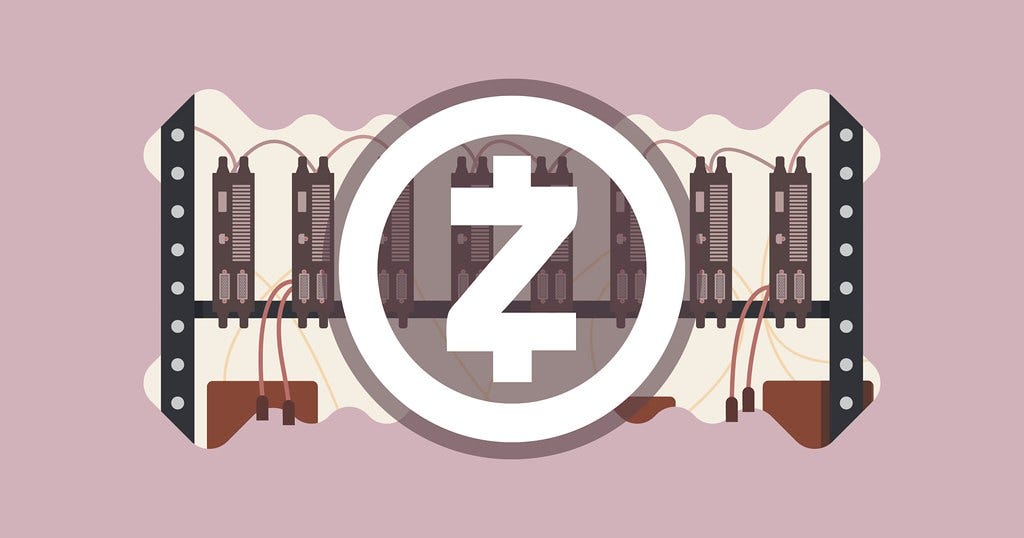
Potentials and conclusion
The cryptocurrency market is really difficult to predict, but it’s always a good idea to look at some of the reasons why a coin might grow in value and the reasons why it might not. ZCash has done really well to form a partnership with major financial institutions like JP Morgan, who are looking to install the Zero-Knowledge Proof protocol into their own blockchain project. However, due to ZCash’s privacy restrictions, and the dark web being a big business, with criminals selling illegal goods online in exchange for cryptocurrencies, there are some potential issues that might hurt Zcash in the long run.
Read also our article “Blockchain and Privacy III. — Private CryptoCurrencies: Dash” here.
Enjoy reading? Please share:
Get the latest crypto news, updates and reports by subscribing to our free newsletter!

